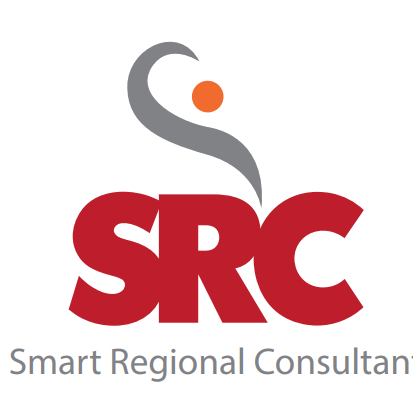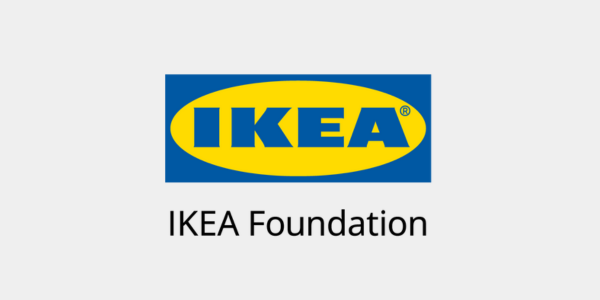The Issue
In Kakuma, Turkana County, both host and refugee communities continue to feel the devastating effects of climate change. Prolonged droughts, erratic rainfall, and rising temperatures are not only threatening food and water security but also undermining livelihoods and social stability in a region already grappling with resource scarcity.
This reality underscores the urgent need for strategic interventions that strengthen the existing entrepreneurial ecosystem and expand access to essential services. By investing in training, mentorship, market access, and financial services, there is a critical opportunity to build resilience and unlock the economic potential of both host and refugee communities. Empowering these groups to tap into expanded economic opportunities and absorb enhanced services is key to fostering long-term stability and inclusive development in Turkana.
The Project
DCA worked with our partner BOMA for this project. The project used a climate-friendly version of The BOMA Project – a successful program, called the Rural Entrepreneur Access Project (REAP), which helped people in rural areas escape extreme poverty and build small businesses.
Building on BOMA’s extensive regional experience and strong community partnerships, the project supported pastoralist women and youth in acquiring the skills and resources needed to establish sustainable livelihoods and lift their families out of extreme poverty.
The project aligned with and contributed to DanChurchAid’s broader strategy, which focuses on saving lives, building resilient communities, and promoting sustainable development and inclusive growth. By layering climate-smart technologies (CST) onto BOMA’s successfull approach, the project aimed to empower 4,950 refugees and host community members in Kakuma refugee camp and Kalobeyei settlement.
Participants gained knowledge and practical skills in climate-smart vegetable farming, poultry and insect production, and fish trade, enhancing household food security and self-reliance.
The project also focused on strengthening the local entrepreneurial ecosystem by improving access to services such as training, mentorship, markets, and financial tools.
By integrating economic empowerment with environmental sustainability, the project created opportunities for vulnerable populations – especially women and youth – to thrive in the face of climate challenges. It supported inclusive economic growth while contributing to long-term resilience and food security for refugee and host communities in Turkana County.
The Change
Over a 36-month period, DCA’s and The BOMA Project reached 4,950 refugees and host community members in Kakuma refugee camp and Kalobeyei settlement through this project, supporting them to establish profitable, climate-resilient enterprises.
Through the project, participating individuals:
- aquired the assets, knowledge, skills, and capacity needed to launch and sustain green enterprises
- improved access to markets and financial services, enabling long-term economic inclusion
The program achieved this through:
- Participatory Targeting: Implementing a robust, community-led selection process to identify the most vulnerable and capable participants
- Market and Opportunity Assessments: Conducting comprehensive analysis of market trends, dynamics, and key actors to inform program design and identify viable opportunities, particularly for youth
- Tailored Trainings and Mentorships: Delivering customized capacity-building programs focused on entrepreneurship and business management, addressing specific knowledge and skills gaps
- Business Development Services: Offering coaching and support to youth enterprises, promoting innovation and the use of technology to help scale viable ventures
- Market and Financial Linkages: Facilitating access to financial service providers, industry actors, and government facilities to unlock growth capital and expand market access
This integrated approach aimed to empower refugees and host communities with the tools and connections needed to build sustainable livelihoods, adapt to climate challenges, and drive inclusive economic development in Turkana County.
Partners
DCA partnered with Boma in their efforts to better the lives of those affected by climate change. With a tech savvy and data driven approach, BOMA stand out for their focus on populations of the drylands of Africa, who are most at risk to shocks from climate change and COVID-19.

BOMA’s Rural Entrepreneur Access Project (REAP) model has empowered thousands of people to escape extreme poverty. It started by empowering pastoral women in Northern Kenya, resulting in successful businesses created and increased education for girls.
DCA also partnered with Smart Region Consultants (SRC) for this project. SCR work with NGOs to build sustainable livelihoods by providing professional business development services to small and medium sized enterprises. They support these enterprises to grow beyond aid dependency, enabling them to compete and thrive in dynamic commercial markets.

About the project
Full Name: Livelihoods and Inclision for Transformation (LIFT) Northen Kenya
Period: August 2022 – July 2025
Funding: 8,066,575.70 DKK
Donor: IKEA Foundation


